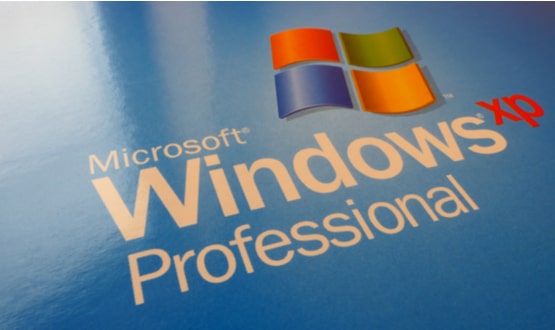Ben Myers
Posts: 390 +148
TPM 2.0 is the stumbling block? Well, it is a requirement, but plenty of systems with processors earlier than 8th generation Intel have TPM 2.0 built right in and ready to be enabled.
But the real limitation is something that Microsoft never explained well, namely, why 8th gen or later? What about 7th gen? What about LGA2011, as another person said? Why not 6th gen?
(I am not up to speed on all the AMD CPUs, so I'll leave it to others to challenge why not earlier AMD chips.) There has been a lot of waffling around this subject, but no precise, accurate and factual public explanation.
Writer Potoroaca and possibly more eminent tech journalists still need to push back on Microsoft for a better explanation than "8th gen because we say so", but I doubt we will hear anything more than more crickets in response, with the computer manufacturers, er, marketeers, all silently cheering Microsoft's silence.
But the real limitation is something that Microsoft never explained well, namely, why 8th gen or later? What about 7th gen? What about LGA2011, as another person said? Why not 6th gen?
(I am not up to speed on all the AMD CPUs, so I'll leave it to others to challenge why not earlier AMD chips.) There has been a lot of waffling around this subject, but no precise, accurate and factual public explanation.
Writer Potoroaca and possibly more eminent tech journalists still need to push back on Microsoft for a better explanation than "8th gen because we say so", but I doubt we will hear anything more than more crickets in response, with the computer manufacturers, er, marketeers, all silently cheering Microsoft's silence.

